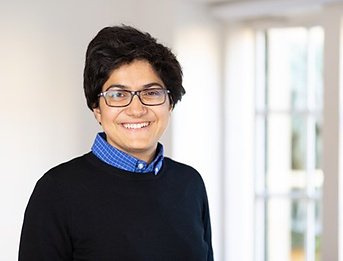DONDENA Seminar - Ridhi Kashyap

“The Digital Revolution, Sustainable Development, and Gender Inequality: Perspectives from Digital Demography”
SPEAKER: Ridhi Kashyap (Nuffield College - University of Oxford)
ABSTRACT:
The rapid proliferation of internet and mobile technologies has been one of the most significant social phenomena of the new millennium. In this talk, I will discuss the implications of this digital revolution for the realization of the sustainable development goals (SDGs). Although a vision for digital technologies to promote social empowerment is embedded across different SDGs, in particular SDG 5 on gender equality, I will argue that their empirical impacts can often be mixed and context specific. To do so, I will provide examples from ongoing work, using population surveys and social media datasets, done as a part of the Digital Gender Gaps project (www.digitalgendergaps.org). These examples will address: 1) the role of social connectedness across communities as measured through Facebook friendship links, in shaping knowledge diffusion and behavior related to sexual and reproductive health in 495 regions across 33 countries in Africa; 2) the impact of free laptop distribution schemes on adolescent educational outcomes in India.
BIO:
Ridhi Kashyap is Professor of Demography and Computational Social Science at the University of Oxford and Professorial Fellow at Nuffield College. Her research spans different topics linked to population dynamics and sustainable development, such as gender inequality, population health, family, migration, and the impacts of digital transformations on population and development dynamics. Her work has been published across general science and demographic journals, such as Nature Human Behaviour, PNAS, Demography, Population and Development Review and International Journal of Epidemiology. A central interest of her work has been to leverage computational methods and digital data streams from the web and social media for social and demographic research. She leads the Digital Gender Gaps project (www.digitalgendergaps.org).
Please note that to receive the ZOOM link and follow the seminar online, you must subscribe to our mailing list (dondena.research@unibocconi.it).
